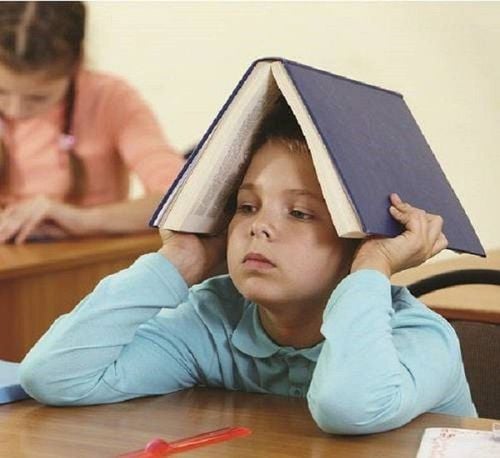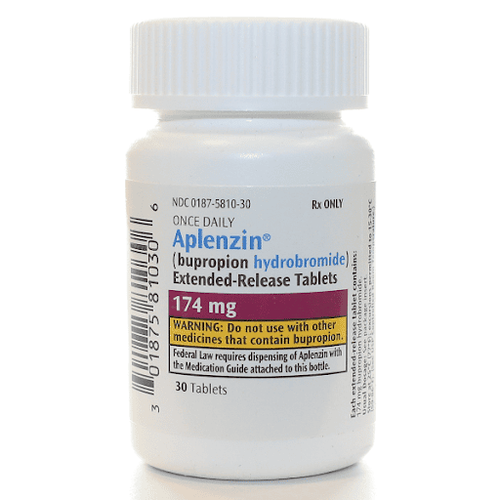This is an automatically translated article.
Attention Deficit Hyperactivity Disorder (ADHD) is a behavioral disorder in children. Recognizing the signs of attention deficit hyperactivity disorder in children for early treatment is extremely important.
1. Attention Deficit Hyperactivity
Attention Deficit/Hyperactivity Disorder (ADHD) is a common disorder in children and is on the rise in recent times.The most prominent feature of the disease is that children often face a lot of difficulty in regulating concentration, difficult to control excessive actions, often excited, agitated,... The disorder can causing serious consequences to children's learning, working and social relationships.

Especially, in today's increasingly busy life, the lack of attention from parents has made the child's condition tend to be more complicated and serious.
Therefore, when children show signs of attention deficit hyperactivity disorder, parents need to pay more attention to their children. Early recognition and diagnosis of the disease through signs and persistence in treatment will help children significantly improve their condition, integrate and control their lives early.
Trắc nghiệm: Nhận biết sớm dấu hiệu chậm phát triển thể chất và trí tuệ ở trẻ
Nếu 6 tuổi không biết đếm số, 7 tuổi vẫn chưa phân biệt được giữa thực tế và tưởng tượng thì có thể bé chậm phát triển thể chất và trí tuệ hơn so với bạn bè cùng lứa. Bạn đã nhận biết được các dấu hiệu bất thường sớm này chưa? Cùng làm nhanh bài trắc nghiệm sau để trang bị thêm kiến thức cho mình nhé!
The following content is prepared under supervision of Thạc sĩ, Bác sĩ y khoa, Ma Văn Thấm , Nhi , Phòng khám Đa khoa Quốc tế Vinmec Dương Đông(Phú Quốc)
2. Identifying attention deficit hyperactivity in children
Applying according to the diagnostic criteria of the US DSM-IV-TR (Diagnostic and Statistical Manual of Mental Disorders), then:
Attention deficit: The child has reduced attention when there are 6 (or more) of the symptoms. following symptoms of attention deficit, lasting at least 6 months, with a degree of poor adaptation or mental development that does not match:
Often cannot pay close attention to details, or mistakes caused by negligence in study, at work or in other activities. Often has difficulty sustaining attention during tasks or in fun activities. Often shows signs of not listening to what others say directly to the child. Often unable to follow all directions or fail to complete homework, household chores, or duties at work (not because of hostile behavior or failure to understand instructions). Often difficult to organize work and activities. Often avoids, dislikes, or is reluctant to perform tasks that require sustained mental effort (such as schoolwork or homework). Often loses essentials (such as school notebooks, pencils, books, toys, and other tools). Often easily distracted by external stimuli. Often forgets daily activities.

Hyperactivity: When the child has 6 (or more) of the symptoms of hyperactivity - impulses must be present for at least 6 months with a level that is poorly adapted or inconsistent with the child's level of mental development God.
Constantly moving limbs, not sitting still. Leaving the classroom or in other situations where sitting still is required. Frequently running around or climbing excessively in situations where it is inappropriate (in adolescents, may simply manifest as restlessness). Often has difficulty playing or in activities that require silence. Usually operated continuously or operated as "motorized". Vibration. Often blurts out answers before the questions are fully posed. It is usually not difficult to wait in line or take turns in turn games or in group situations. Often interrupts or intrudes on other people's affairs (Ex: Interrupting other people's conversations or other children's games). When a child has the above symptoms, parents need to take the child to the doctor immediately. If the baby's expression is mildly disturbed, then it may not be necessary to use drugs but only need to use psychological measures, so it will be much better for the child's health.
Please dial HOTLINE for more information or register for an appointment HERE. Download MyVinmec app to make appointments faster and to manage your bookings easily.














